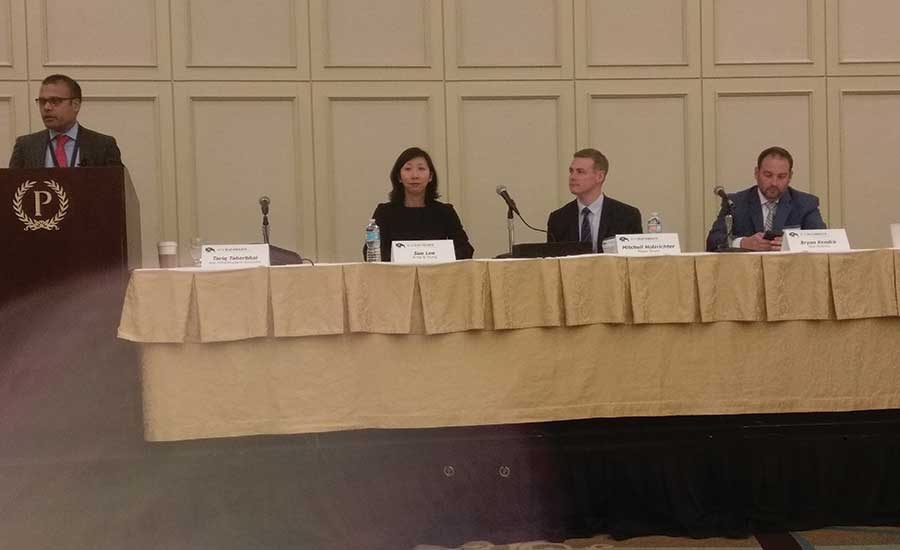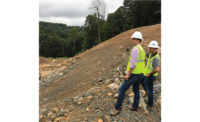Continued construction risk in public-private partnerships was a key topic for financing experts on a panel hosted by investment firm D.A. Davidson as part of its annual investor conference, held in Chicago on Sept. 19.
“There are two types of equity investors that usually get into P3s,” said Bryan Kendro, vice president of project development at Star America Infrastructure Partners and a former project executive for the Pennsylvania Dept. of Transportation’s Bridges Rapid Renewal P3. “There are those getting in during design when there’s a lot of risk and those looking to recycle cash to insurance companies and pension funds within one or two years of the project starting.”
Much of the discussion focused on the 1-69 project in Indiana, which began as a P3 and later had to be taken over by the state transportation agency. Indiana assumed control in June of the nearly $476-million P3 to complete a 21-mile highway section that was two years behind schedule. The state terminated the contract with a developer led by Isloux Corsan, Spain, and named Walsh Group, a former project competitor, as construction manager to complete the work. Panelists said that irrational bidding and not enough qualifications led to project-execution problems.
“We are seeing RFQ requirements changing on these projects due to 1-69,” said Mitchell D. Holzrichter, a partner at Chicago law firm Mayer Brown. “The owners saw this as an opportunity to save money, and the contractor could not deliver the project for the price they bid.” Sue Lee, an infrastructure finance expert and senior managing partner at Ernst & Young, said the project has caused DOTs, states and municipalities to take a harder look at the qualifications of bidders.






Post a comment to this article
Report Abusive Comment